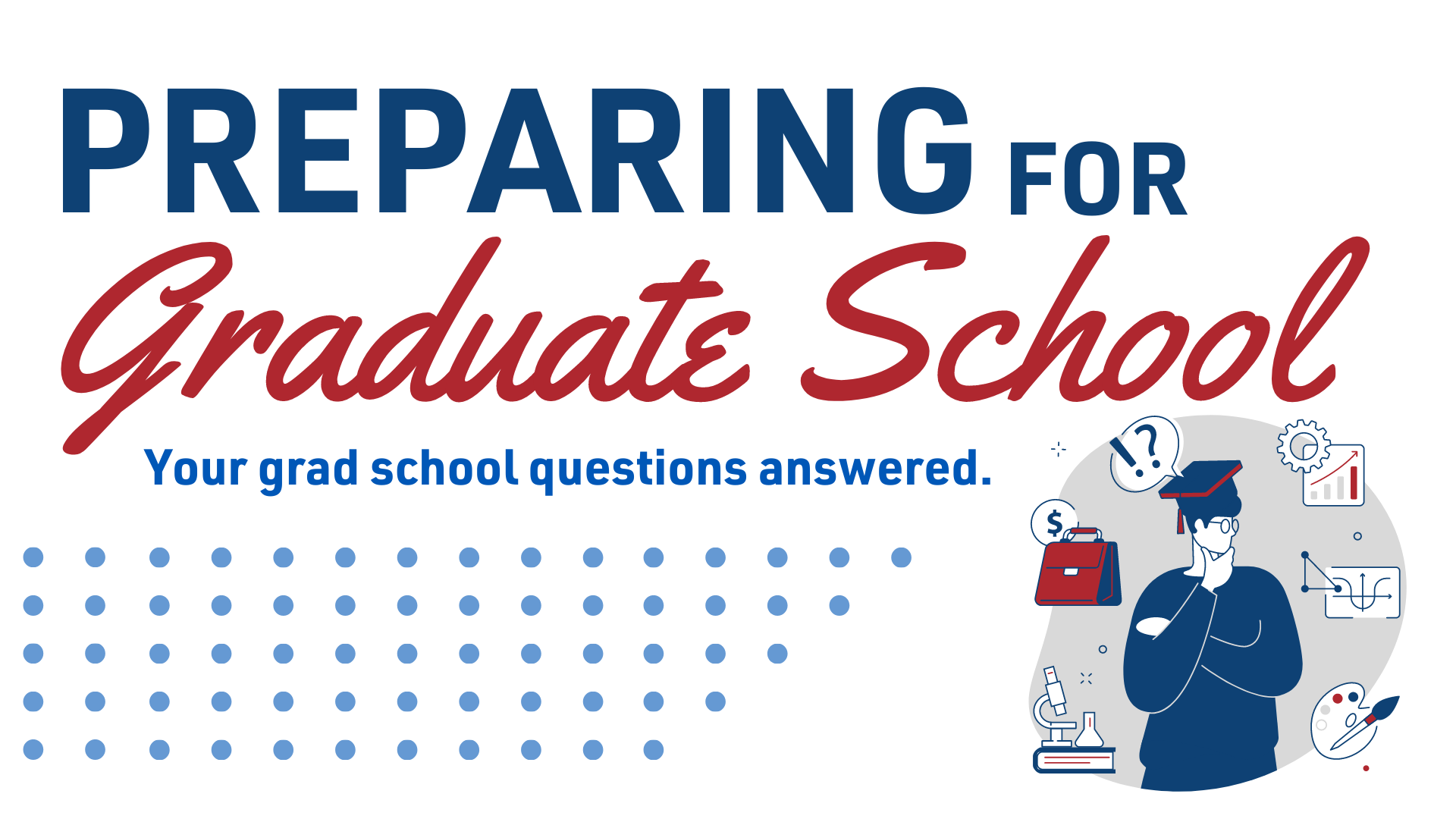
|
Considering Graduate or Professional School?
Deciding whether to attend graduate or professional school is a big decision and requires careful consideration, research and planning. Before you begin filling out applications, you must reflect on your goals, determine if your field requires an advanced degree, consider how to finance your education, and finally, research schools and programs and rank them to find the right fit for you. Here are a few tips for getting started:
Selecting the right institution and program
Chances are, you’ll want to apply to multiple programs to maximize your options. Which are the right ones? There are a number of factors to consider:
- Faculty - Your relationship with faculty will be a huge factor in the educational experience. Learn the names, departmental positions and academic credentials of the professor or professors you’d be working with.
- Resources - Research can require significant out-of-pocket costs. Find out if there are resources available at the institution that can reduce these costs.
- Community/Location - Take a look at the on-campus and off-campus communities. Is the on campus culture—faculty access, social life, etc.—what you’re looking for? Does the local area have the amenities you want and need? Is it in a city or a small college town? Does the program offer online courses? How would these factors contribute to your quality of life?
- Cost/Funding - The tuition and fees will be an obvious consideration, but you should also take into account living expenses, which can vary widely by region. What sort of stipends and funding programs are available? What are the work requirements?
- Career Outcomes - What are the career outcomes for program alumni and how does the program support students and alumni in professional development?
Review university and program websites, and request a graduate catalogue and other available statistics on the programs in which you are interested.
Peterson’s Guide to Graduate School can also provide you with a quick overview of several schools and the programs they offer, as well as articles and advice on evaluating programs, preparing for the application process, and financing your next educational journey.
Timeline
Because every application should be tailored to each individual program, you’ll want to start researching programs as early as you can—a year in advance. This will allow you enough time to take any required standardized tests (i.e. the GRE), seek informational interviews with faculty and program directors, tour campuses, interview recent alumni or currently enrolled graduate students, and line up effective letters of recommendation.
- Note: Many competitive programs have due dates between mid-December and early February for fall admission!
Preparing your personal statement
The Career Center’s
tips for writing a personal statement serves as a starting point for students and alumni developing personal statements for graduate schools and professional programs. Find approaches used to create personal statements, as well as best practices, tips, and additional resources for developing a successful statement.
Consider having your personal statement reviewed by the
University Center for Writing-based Learning and freshening up your resume with a
peer career coach.
Letters of recommendation
When selecting a recommender for graduate school, it’s important to think about who knows you well enough to write a compelling letter that provides evidence of your skills and knowledge. Be sure to line up your recommenders well in advance and provide them with your completed resume/CV and personal statement as a way to help them write a supporting letter. Finally, write thank you notes to all your recommenders!